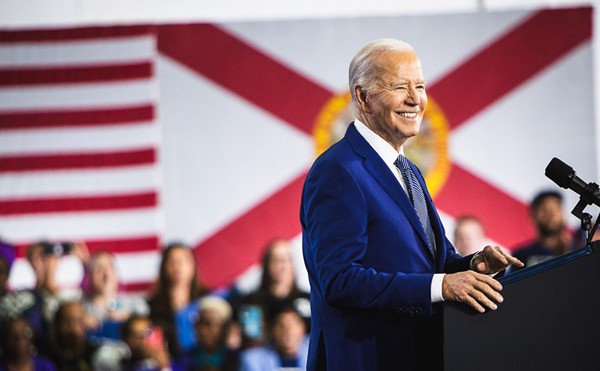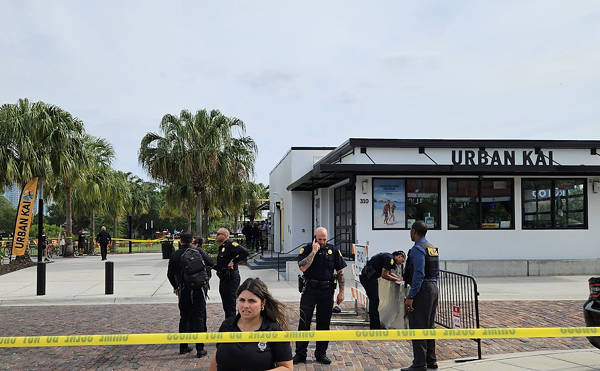A variety of groups, including the Sports Fans Coalition, Public Knowledge and the Media Access Project, petitioned the FCC last November to review the rule, and the Commission announced on Thursday that it will take public comment in February.
In their petition, the groups wrote:
The Commission should repeal the Sports Blackout Rule. The public interest would be served by eliminating an unnecessary regulatory prop for an obsolete league practice. Given the absence of any Congressional mandate to impose the Sports Blackout Rule in the first place, the Commission has ample authority to end it.
a. The Sports Blackout Rule is an Anti-Consumer, Unnecessary Public Subsidy to Professional Sports Leagues That are Highly Qualified to Protect Their Business Interest Through Private Negotiations Rather Than Public Regulations
At a time of persistently high unemployment, sluggish economic growth, and consumer uncertainty, the Sports Blackout Rule supports blatantly anti-fan, anti-consumer behavior by professional sports leagues. A trifecta of forces punishes consumers.
Ironically, the move comes when there are actually fewer games being blacked out than ever, since the blackout rule went into effect in 1973.
According to the New York Times, in the 1970s, half of all home games were blacked out. That percentage dropped to 40 percent in the ’80s, 31 percent in the ’90s, and just 8 percent in the aughts.
But blackouts have become the norm in Tampa Bay over the past couple of years — a shocking development in the heart of a football-loving state. Jacksonville has also suffered from an inordinate number of blackouts in previous years, though all of their games were aired locally in 2011.















